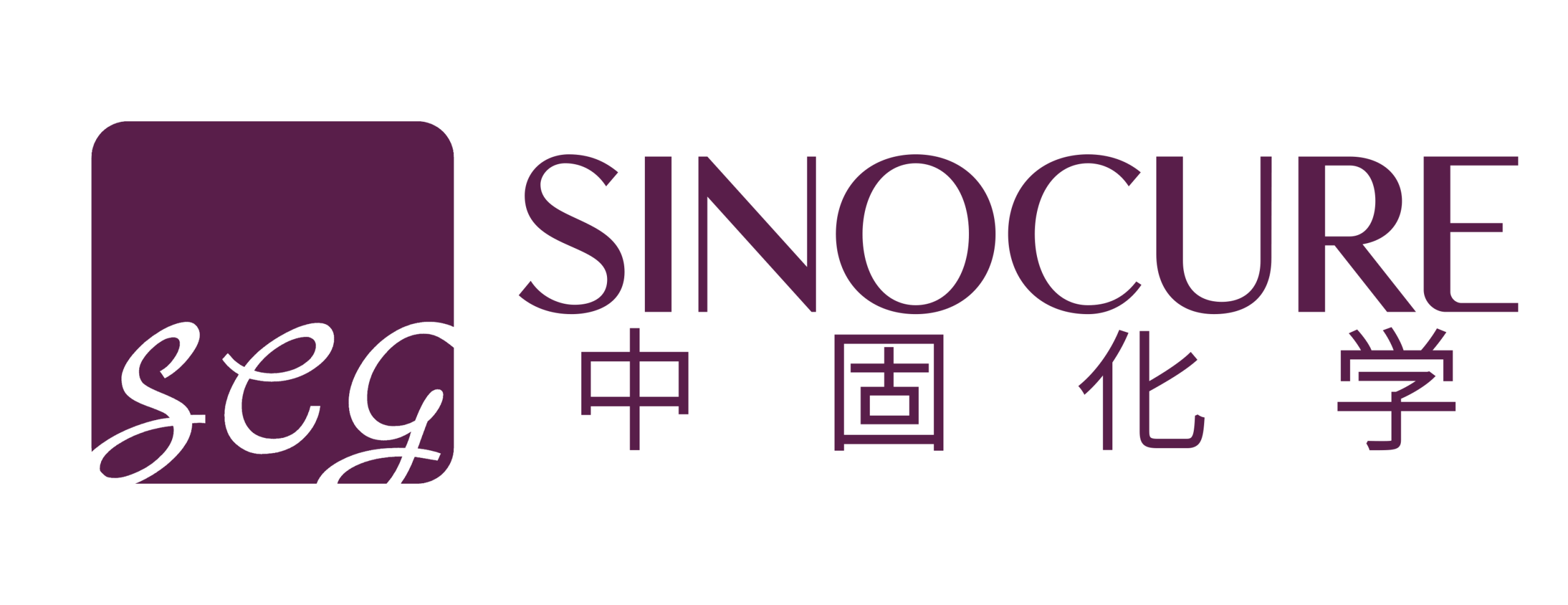Product Description:
Indole is an aromatic heterocyclic organic compound with the chemical formula C₈H₇N. It consists of a six-membered benzene ring fused to a five-membered pyrrole ring. Indole is a white to yellowish crystalline solid that possesses a characteristic fecal odor at high concentrations, but a pleasant floral scent at very low concentrations. It occurs naturally in various essential oils (like jasmine and orange blossom), coal tar, and is produced by bacterial degradation of tryptophan. Indole and its derivatives are important in pharmaceuticals, perfumery, and as chemical intermediates.
Product Properties:
Property Value Chemical Formula
C₈H₇N
CAS Number
120-72-9
Molar Mass
117.15 g/mol
Appearance
White to yellowish crystalline solid/flakes
Odor
Fecal at high concentrations; floral at low concentrations
Melting Point
52-54 °C (126-129 °F; 325-327 K)
Boiling Point
253-254 °C (487-489 °F; 526-527 K)
Solubility
Slightly soluble in cold water; soluble in hot water, ethanol, ether, benzene, chloroform
Density
1.22 g/cm³
Flash Point
136 °C (277 °F)
Purity (Typical)
≥99%
Product Usage:
Indole is a versatile compound with applications across various industries:
Perfumery and Fragrances:
Used in very low concentrations to impart floral notes (e.g., jasmine, orange blossom) to perfumes, soaps, and other scented products.
Acts as a fixative in some fragrance formulations, helping to prolong the scent.
Pharmaceuticals and Agrochemicals:
Serves as a key structural motif in many biologically active compounds and pharmaceuticals. Indole derivatives are found in anti-inflammatory drugs, anti-cancer agents, and psychoactive substances.
Used as a starting material for the synthesis of plant growth regulators like indole-3-acetic acid (auxin).
Chemical Synthesis:
Employed as an intermediate in the production of various fine chemicals and specialty dyes.
Used in the synthesis of tryptophan, an essential amino acid.
Flavoring Agents:
Utilized in minute amounts in some food flavorings, contributing to complex flavor profiles.
Research Applications:
A fundamental building block in organic synthesis and medicinal chemistry research.
Studied for its role in bacterial signaling and biofilm formation.
Contact Us Now!
If you need MSDS,TDS or sample testing, please email us at pharm@sinocurechem.com or use the website live chat to get prompt reply.
- +86 13345119692
- +86 15550440621
- pharm@sinocurechem.com

